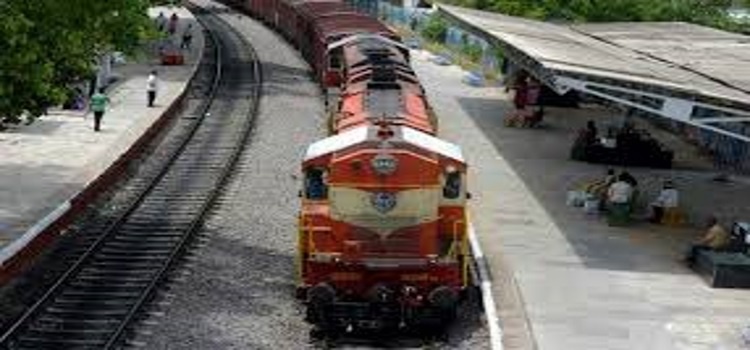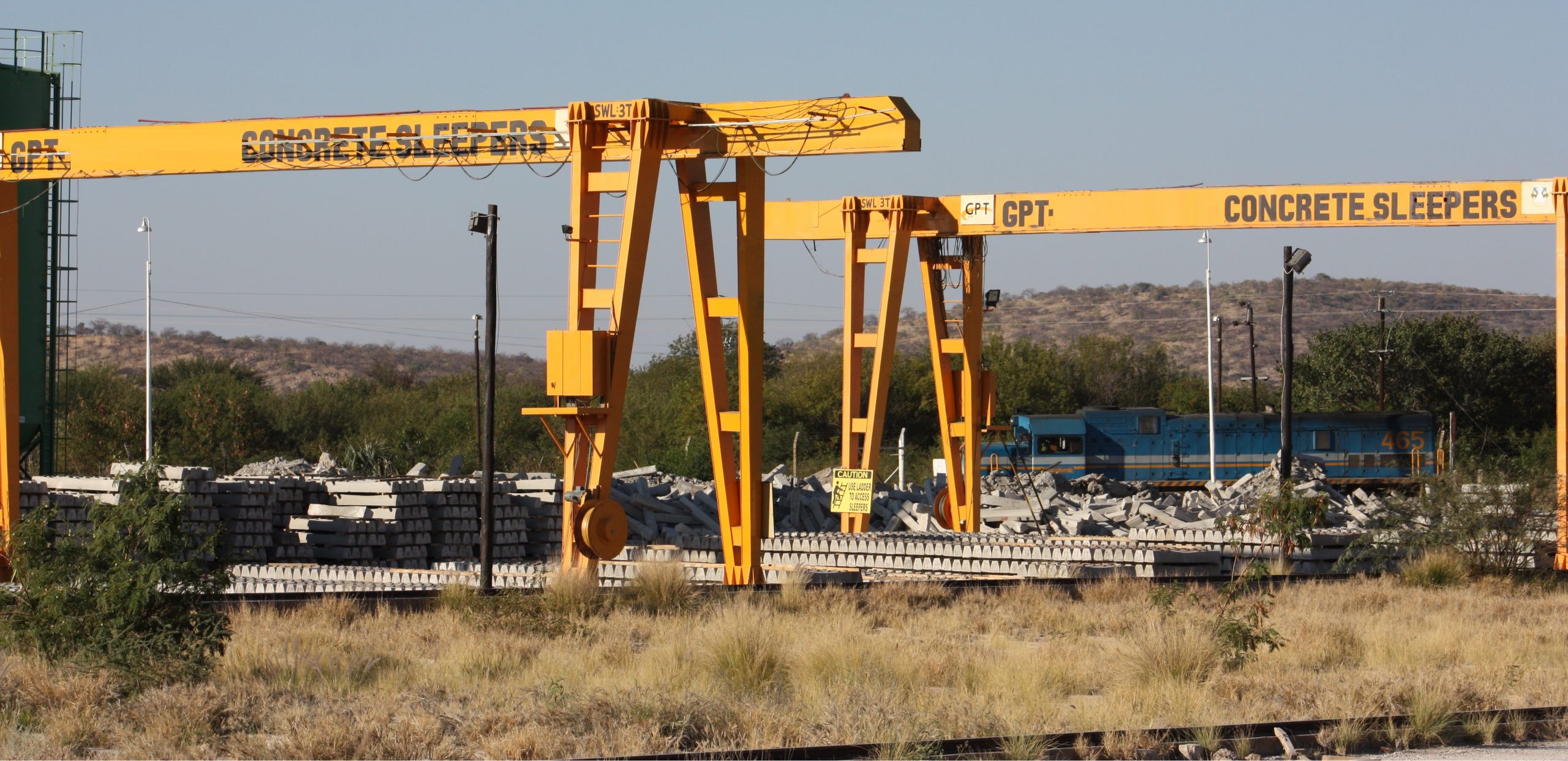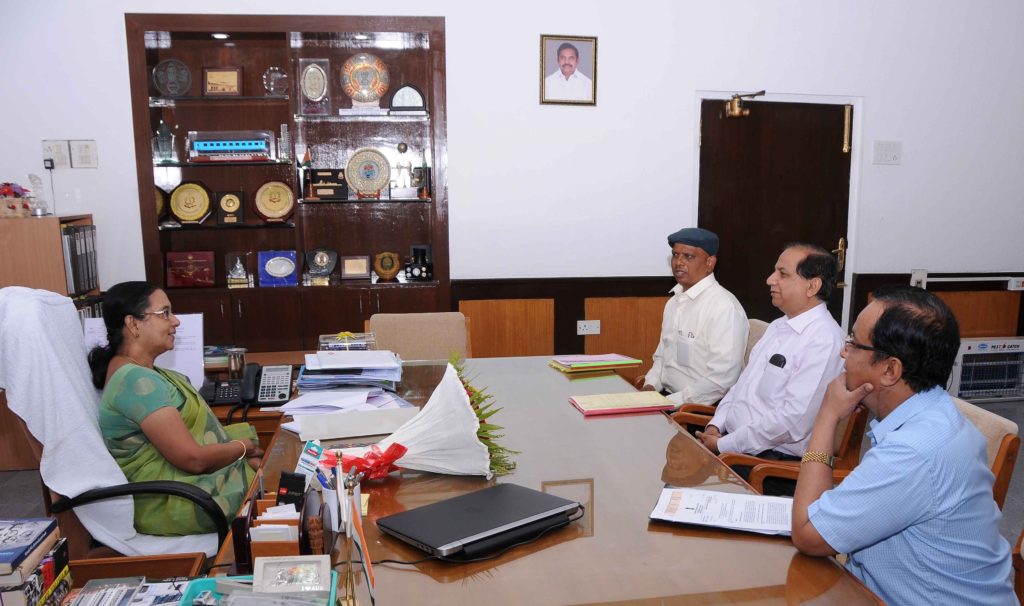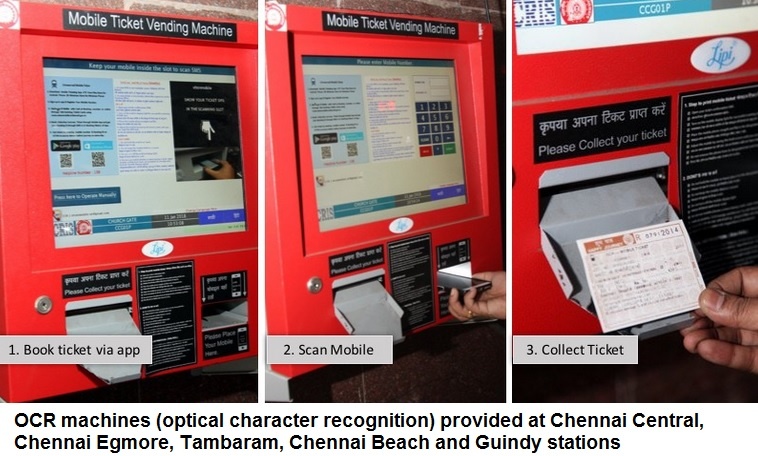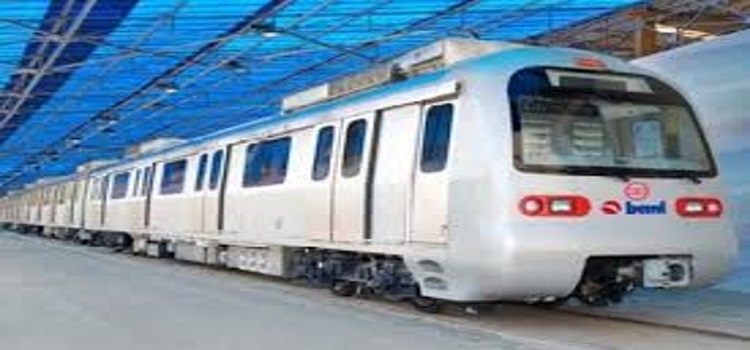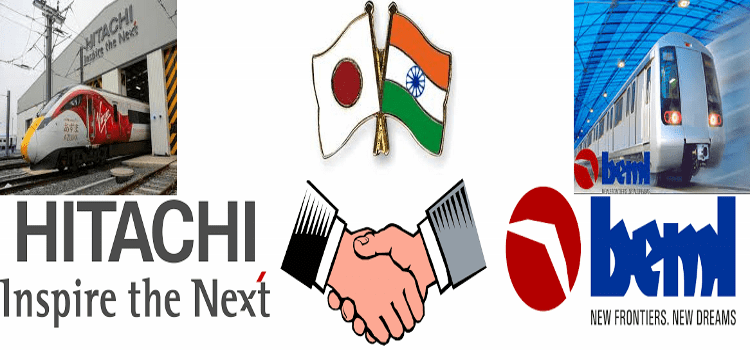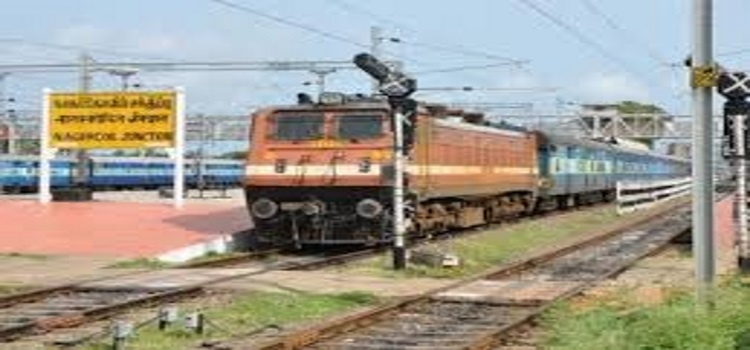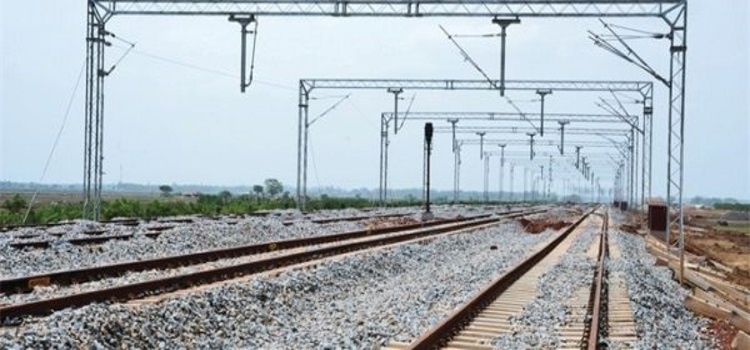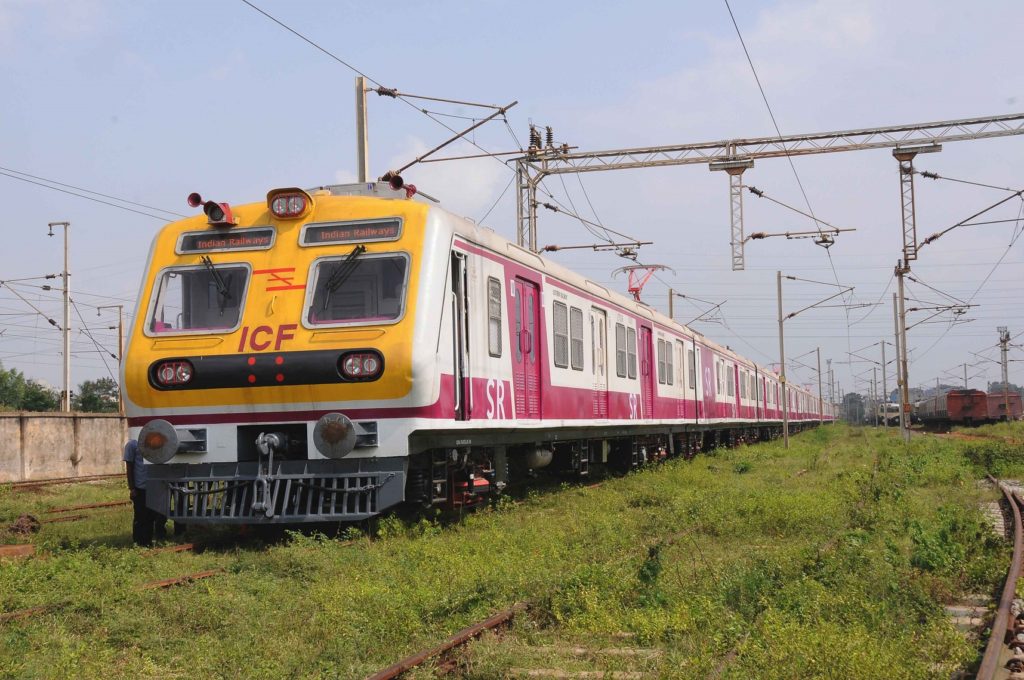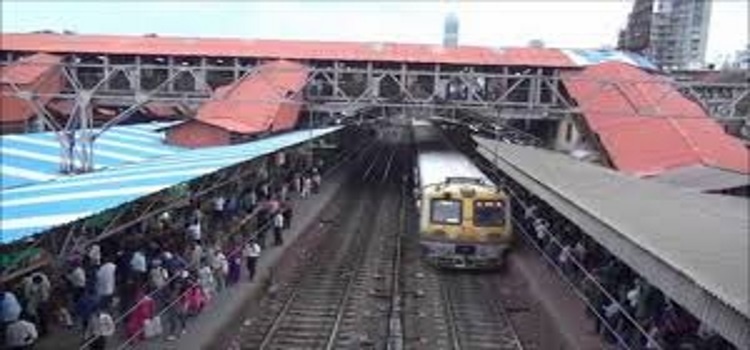
Noted architect Hafeez Contractor has offered to design 19 train stations across the country for free, including several in Mumbai, as part of a redevelopment project being rolled out by the Indian Railways.
Sanjeev Kumar Lohia, Managing Director and Chief Executive officer of the Indian Railway Stations Development Corporation Limited (IRSDC), the nodal agency for redeveloping 600 railway stations, said Mr Contractor was among four who had offered to design railway stations free of cost.
“We had an open invitation for professionals to work pro-bono for developing concepts and master plans for redevelopment of stations. Hafeez Contractor has shown an interest in 19 stations,” Mr Lohia said.
He said the corporation had received such offers from another noted architect and two firms.
However, we have not finalised any of the designs yet. It is at a preliminary stage,” he said.
Mr Contractor, who recently had discussions with Railway Minister Piyush Goyal, told news agency PTI that the pro-bono offer was his way of “helping my country”.
“The very reason that we (he and his firm) are doing it for free is to show them (the government) what can be done,” the Padma Bhushan awardee said.
“Normally, what happens is that all government jobs are given to those who quote the lowest tenders, who then do a lousy job. That way both the government and the country suffer. This is my way of helping the country and to tell them what standards have to be to be met,” said Mr Contractor, known for his eclectic style and iconic buildings.
Among the others who have offered to do pro-bono work is architect-activist, P K Das, one of the foremost voices on preservation of open spaces in Mumbai. Two other architecture firms have also shown an interest.
After redevelopment of stations, the railways plans to remain in the business of only running trains, leaving the management of stations to private players.
Under the current station redevelopment plan, the railways allocates operation and maintenance of stations to the developers, including of toilets on platforms, vendors, food stalls, parking and waiting rooms.

